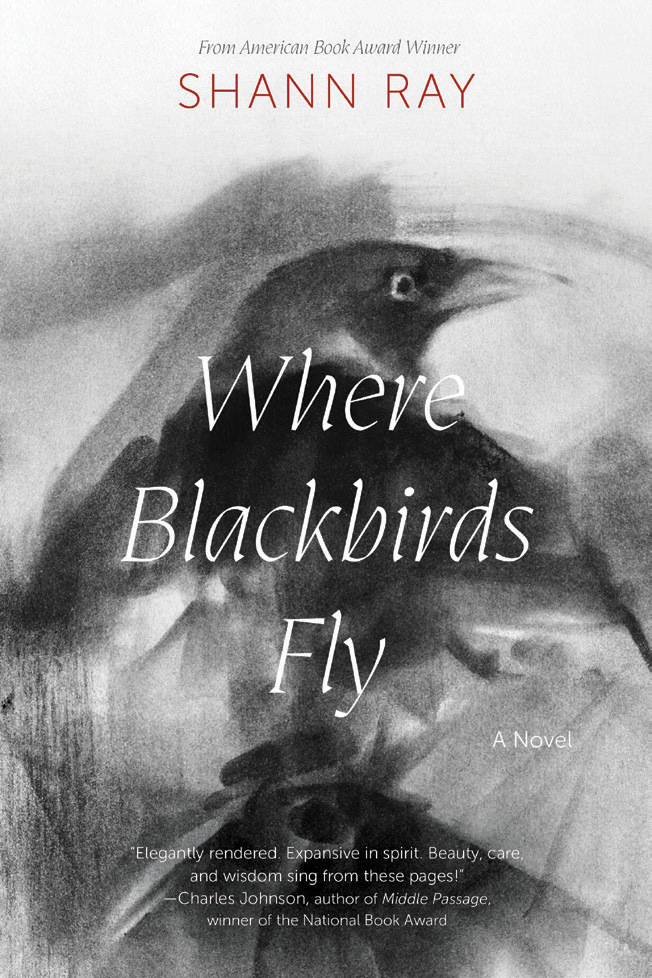
25 Sep Books: Reading the West
Some themes may be too big for one story. Love, the overarching theme of Shann Ray’s Where Blackbirds Fly (University of Nebraska Press, $27.95), is explored throughout the five novellas that make this novel. This is because love, in Ray’s handling of it, contains much more than the Hallmark version of the concept. It includes all our attempts and failures to achieve it and our frailty and fear that lead to all of our cruelty and callousness. Yet, it also contains our capacity for forgiveness, our potential for empathy, and, most of all, our indebtedness to those who love us despite everything.
The idea of this indebtedness resounds in the literal ways the characters of these novellas all connect. John Sender, the first we meet, is a loan officer at a large Seattle-based bank. The characters of the other novellas are mostly people to whom he’s given loans, offering them better-than-usual terms due to shared Montana origins in one way or another. In this predatory world where big banks control those in debt — sometimes rewarding and ofttimes destroying — Sender is the anomaly. He truly cares about the people who come to him for loans.
Each story in this complex novel is a mindfully wrought world of the human condition. The characters are people we know, people we yearn to be, and people we are terrified of becoming. Through it all is Ray’s ear for poetry, his love of Montana’s open spaces, and the almost mystical appearance of blackbirds arriving at poignant moments in all the characters’ lives.
The individual novellas eventually converge as the storylines become increasingly intertwined, revealing that, as in our disparate lives, we are truly one, and we are all seeking ways to find love, heal the past, and repay our debts.

Victoria Lamont brings the life story of one of the originators of Western fiction into vivid and compelling focus with The Bower Atmosphere: A Biography of B.M. Bower (University of Nebraska Press, $24.95). From her typewriter in a three-room cabin outside of Big Sandy, Montana, Bertha Muzzy Bower began a writing career that would span more than 60 novels and hundreds of stories, take her to Hollywood, and help create a much-loved literary genre that’s mostly credited to men like Owen Wister and Zane Grey.
Indeed, much of her career was marked by struggle with a publisher who pushed for her sex to remain anonymous (and therefore assumed male), while Bower was assertively and confidently leading a one-woman proto-feminist revolution: creating a career in a male-dominated field, earning money in order to be free of an unhappy marriage which she deemed “an unbearable servitude,” and amassing the wealth to build estates that became gathering places for the cowboys, writers, movie stars, and family members who moved in her orbit.
Lamont crafts an eminently readable, enjoyably dramatic, and deeply informative tale not only of Bower’s life, but of the culture, history, and creative developments of her times. Reading this book will be time well spent for anyone interested in Western history, early American publishing, ranching, mining, pulp magazines, early film, or the rise of women’s rights. The book covers diverse topics and shows how Bower, like all creative individuals, contains multitudes.
With meticulous examination of Bower’s archives, published works, and interviews with descendants, Lamont brings this originator of the Western back into the prominence — long denied by the pervading machismo of the genre — she so richly deserves.
Of Note:
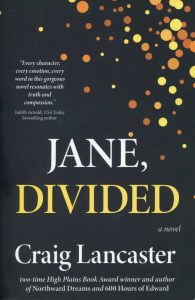
With a finely tuned sensitivity to human nature in all its weakness and fortitude, suffering and redemption, Craig Lancaster offers another character- driven novel with Jane, Divided (Missouri Breaks Press, $22.95). The Jane of the title is a midlife everywoman reeling from a failed marriage in Montana that leaves her and her young daughter, Claire, drifting and searching for a new start. Moving back into her childhood home in Texas, she takes a teaching job at her old school and pieces together a precarious relationship with her widowed father. What follows is a journey of the heart, but this heart has known pain and atrophy, and it’s going to take a whole lot of luck and grace for it to find healing. Fortunately for it and for us, Lancaster is an adept guide for the journey.
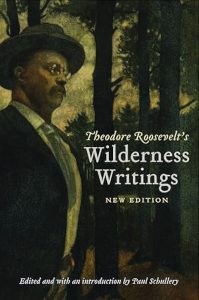
In Theodore Roosevelt’s Wilderness Writings (University of Nebraska Press, $21.95), editor Paul Schullery curates the work of Theodore Roosevelt the naturalist, outdoorsman, and defender of wilderness in an elegant and efficacious volume drawn from numerous books and articles penned throughout Roosevelt’s life. This new edition of a collection originally published in 1985 — but for too long out of print — presents chapters on wildlife, hunting, exploration, natural history, national parks, and refuges, as well as a humorous and touching portrait of John Muir, one of America’s great naturalist pioneers. The complex and often problematic beliefs and actions of Roosevelt — especially for today’s readers — are forthrightly addressed in Schullery’s introduction. He doesn’t forgive or make excuses for the bigotry, racism, and violence that one finds in Roosevelt’s literary output, but he does place the would-be president within the context of his times and demonstrates that, despite whatever shortcomings we may find, Roosevelt’s legacy for the American wilderness is something worthy of our attention.
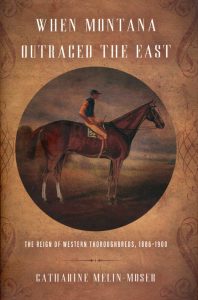
Fans of both Montana history and equestrian sporting are in for a treat with Catharine Melin-Moser’s When Montana Outraced the East: The Reign of Western Thoroughbreds, 1886–1900 (University of Oklahoma Press, $34.95). With rich detail, the book recounts the days when many of the great racehorses on the national circuit were raised on Montana bunchgrass rather than Kentucky blue. Her telling delves into the lives and times of the wealthy elite who had the means to shift this dominance to the West: men like silver baron Noah Armstrong, banker Samuel Larabie, and the heavily storied “Copper King,” Marcus Daly. With its focus on the rarified horses and epic races of the so-called Gilded Age, the book paints a portrait of these people and their capitalist empires, offering new insights into a unique time in Western and American history.
Marc Beaudin is a poet, theater artist, and bookseller based in Livingston, Montana. He is the author of These Creatures of a Day, Life List: Poems, and Vagabond Song: Neo-Haibun from the Peregrine Journals, and his work is widely anthologized in publications dedicated to environmental and social justice.



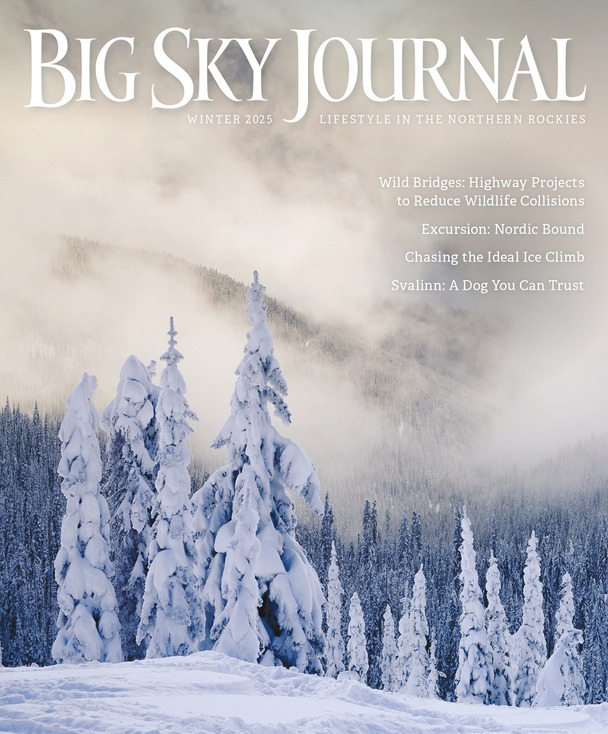
No Comments